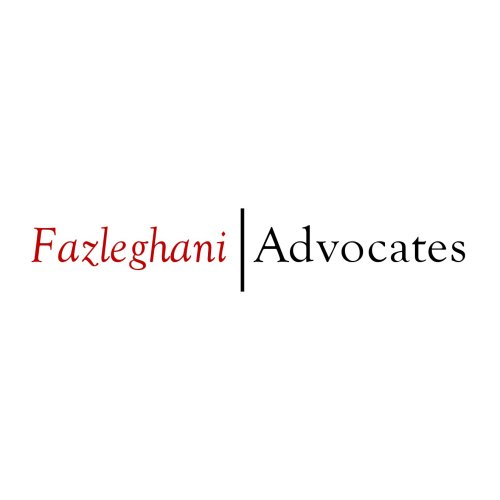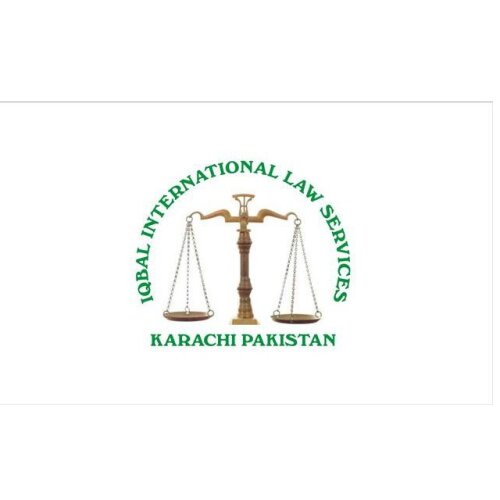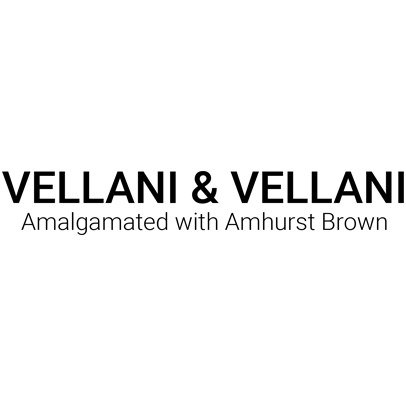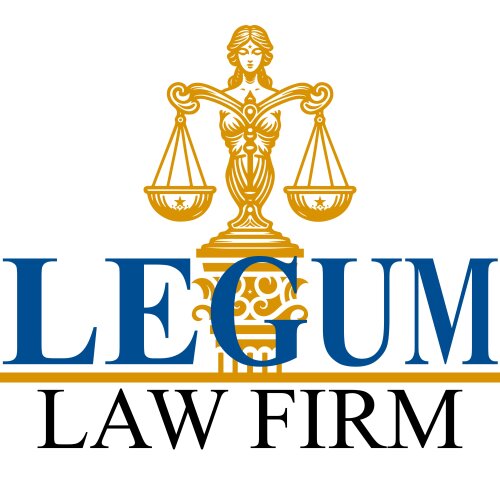Best Debt Capital Markets Lawyers in Karachi
Share your needs with us, get contacted by law firms.
Free. Takes 2 min.
List of the best lawyers in Karachi, Pakistan
About Debt Capital Markets Law in Karachi, Pakistan
Debt Capital Markets (DCM) involve the trading, issuance, and investment in debt securities such as bonds, sukuk (Islamic bonds), and commercial papers. In Karachi, which is Pakistan's economic powerhouse and financial hub, DCM plays a critical role in facilitating government and corporate fundraising. The Pakistan Stock Exchange (PSX), based in Karachi, is a principal platform for debt listings, while various financial institutions, investment banks, and regulatory bodies are active players in the sector. Whether it is for business expansion, infrastructure development, or managing liquidity, stakeholders turn to DCM as a structured means to obtain medium to long-term funding, often with complex regulatory and legal considerations.
Why You May Need a Lawyer
Engaging in Debt Capital Markets can be complex, especially considering regulatory requirements and commercial risks. You may need a lawyer if you are:
- Issuing or structuring debt instruments like bonds or sukuk
- Investing in or acquiring debt securities
- Complying with Securities and Exchange Commission of Pakistan (SECP) regulations
- Negotiating or drafting agreements with underwriters, trustees, or investors
- Involved in cross-border financing or require registration of foreign debt
- Facing regulatory investigations, compliance issues, or disputes over securities
- Needing ongoing disclosure and reporting guidance
- Restructuring existing debt or seeking remedies during default situations
Given the sophisticated and evolving nature of DCM transactions, legal expertise is critical to safeguard interests, ensure compliance, manage risks, and resolve disputes.
Local Laws Overview
Debt Capital Markets in Karachi are primarily governed by a combination of federal statutes, regulatory rules, and guidelines issued by sector authorities. The key legal frameworks include:
- Securities Act, 2015: Sets out the rules for issuance and trading of securities, including debt instruments.
- Companies Act, 2017: Governs company formation, prospectus requirements, and corporate disclosures.
- SECP Regulations: The Securities and Exchange Commission of Pakistan issues specific circulars and guidelines for corporate bonds, sukuk, and other debt securities. These rules outline eligibility, documentation, credit ratings, and investor protection mechanisms.
- Pakistan Stock Exchange (PSX) Listing Regulations: Specify the criteria for admitting debt securities to official listing and trading on the PSX.
- Islamic Finance Regulations: For sukuk, additional Shariah compliance measures are needed and are regulated in coordination with religious boards and the SECP.
- Central Bank Rules: The State Bank of Pakistan oversees certain aspects, especially when financial institutions or foreign currency borrowings are involved.
Karachi-based transactions must also consider local enforcement processes, tax implications, and dispute resolution options, often through specialized financial and corporate courts.
Frequently Asked Questions
What are the main types of debt instruments available in Karachi, Pakistan?
The principal debt instruments include corporate bonds, government bonds, treasury bills, sukuk (Islamic bonds), term finance certificates (TFCs), and commercial papers.
Who regulates Debt Capital Markets in Karachi?
The Securities and Exchange Commission of Pakistan (SECP) is the main regulatory authority, along with oversight by the State Bank of Pakistan and Pakistan Stock Exchange for listed instruments.
What entities can issue debt securities in Karachi?
All types of legal entities including public and private companies, government bodies, and occasionally non-banking financial institutions, subject to regulatory approval.
Is legal due diligence necessary for issuing debt instruments?
Yes, comprehensive legal due diligence assesses the issuer’s capacity, identifies risks, ensures compliance with regulations, and provides confidence to investors.
How are sukuk different from conventional bonds?
Sukuk are structured to comply with Islamic finance principles and represent ownership in an underlying asset or business, while conventional bonds are interest-based debt obligations.
Do debt securities need to be listed on the stock exchange?
Listing on the Pakistan Stock Exchange is required for instruments offered to the public or if liquidity through public trading is desired. Private placements may be unlisted.
Can foreign investors participate in Karachi’s Debt Capital Markets?
Yes, subject to SECP regulations and sometimes prior approval from the State Bank of Pakistan in case of currency or capital movement regulations.
What happens if a company defaults on a debt instrument?
Investors may have security enforcement rights, and trustees can initiate legal proceedings. The courts may also be involved in recovery and restructuring matters.
What documentation is needed for issuing a bond or sukuk?
Typical documents include a prospectus or information memorandum, trust deed, legal opinions, board resolutions, and regulatory filings as specified by the SECP.
How do I ensure compliance with ongoing obligations after issuing debt?
Issuers must adhere to disclosure, reporting, and investor protection obligations as per SECP and PSX regulations. Legal counsel can advise on maintaining compliance and responding to regulatory queries.
Additional Resources
If you are seeking more information or legal assistance in Debt Capital Markets, the following resources can be helpful:
- Securities and Exchange Commission of Pakistan (SECP) Financial Market Division
- Pakistan Stock Exchange (PSX) Regulatory Affairs Department
- State Bank of Pakistan (for banking and foreign exchange matters)
- Karachi Centre for Dispute Resolution (KCDR) for alternative dispute resolution options
- Pakistan Institute of Corporate Governance (guidance on corporate and compliance practices)
- Commercial law firms in Karachi specializing in capital markets and finance
Next Steps
If you need legal assistance in Debt Capital Markets in Karachi:
- Identify your specific need, such as issuance, investment, compliance, or dispute resolution.
- Consult with specialized debt capital markets lawyers or law firms that have experience in financial transactions and regulatory compliance.
- Prepare relevant documents about your case or transaction, including company details, financial statements, and correspondence with regulatory bodies.
- Communicate clearly with your legal advisor regarding your objectives and concerns.
- Stay informed of ongoing legal and regulatory changes in Pakistan’s DCM sector to avoid future complications.
Seeking timely legal advice ensures that your interests are protected and that you can navigate the complexities of the Debt Capital Markets in Karachi efficiently and compliantly.
Lawzana helps you find the best lawyers and law firms in Karachi through a curated and pre-screened list of qualified legal professionals. Our platform offers rankings and detailed profiles of attorneys and law firms, allowing you to compare based on practice areas, including Debt Capital Markets, experience, and client feedback.
Each profile includes a description of the firm's areas of practice, client reviews, team members and partners, year of establishment, spoken languages, office locations, contact information, social media presence, and any published articles or resources. Most firms on our platform speak English and are experienced in both local and international legal matters.
Get a quote from top-rated law firms in Karachi, Pakistan — quickly, securely, and without unnecessary hassle.
Disclaimer:
The information provided on this page is for general informational purposes only and does not constitute legal advice. While we strive to ensure the accuracy and relevance of the content, legal information may change over time, and interpretations of the law can vary. You should always consult with a qualified legal professional for advice specific to your situation.
We disclaim all liability for actions taken or not taken based on the content of this page. If you believe any information is incorrect or outdated, please contact us, and we will review and update it where appropriate.

















